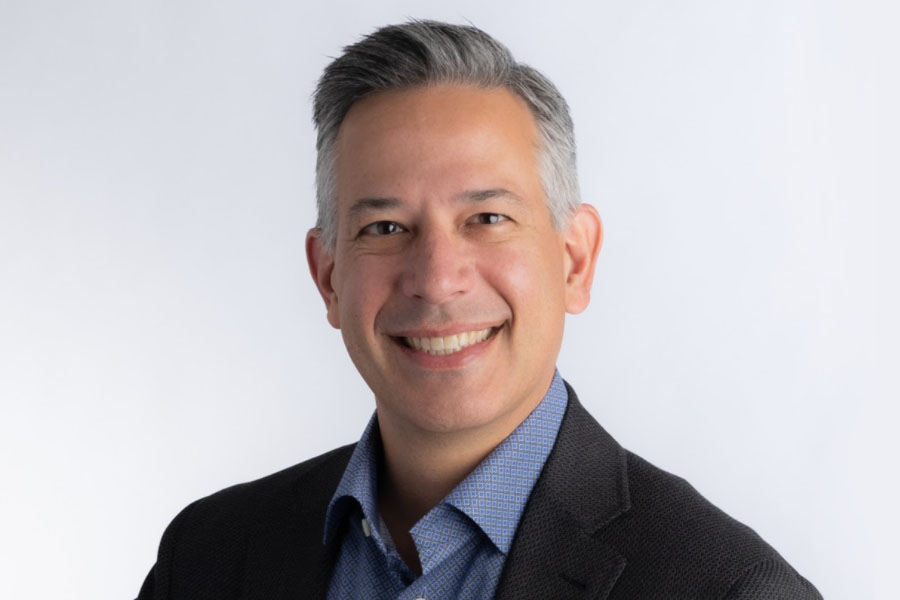What is your current role in health care?
“I am the Chief Operating Officer of Equality Health. We focus on bringing culturally competent and value based care to Medicaid and Medicare populations.”
What stands out as a favorite memory during your time as an MHA student?
“The student lounge was one of my fondest memories; people coming and going in between classes, the camaraderie, laughter and stories. It was such a great environment for building relationships. It was the social hub of the program where people could easily interact and support each other academically.”
How has the MHA Program helped prepare you for your career?
“Critical thinking comes to the top of my mind. The program assigned case studies where you had to assess a lot of information and ultimately make a recommendation on what to do, either with a problem that was presented, or to figure out a strategy based on the information. I thought the critical thinking skills were one of the best things I got out of the program.”
What challenges and opportunities will healthcare leaders encounter in the next 5-15 years? What skills will leaders need to be successful in light of these challenges and opportunities?
“The American healthcare system is great in many ways, but it has several structural flaws. The bottom line with the American healthcare system is that it’s the most expensive in the world, yet it delivers amongst the worst results at a population health level. We have a system that costs too much and leaves too many people behind, which is an equity issue and an economic issue.
I think people should have access to health care that they can afford and relate to in the context of their lives and communities. We need to move away from “institutional thinking” in health care and make it a lot more consumer centric.
I think the biggest skill as a healthcare leader is the ability to attract and develop talent. A lot of people talk about reinventing the healthcare system to make it more affordable, accessible, and equitable. At the end of the talk, if you are serious about change, you need leaders who can take an idea and make it a reality. As a leader, you have to be able to attract talent and develop them as leaders. What I’ve learned over the course of my career is there are a lot of visionaries and strategists, but the leaders who make the biggest impact are the ones who can translate those visions and plans into innovative programs and business models which benefit patients and communities.”
If you could give one piece of advice to a current student, what would it be?
“I would encourage you to work in the care delivery, insurance, and innovation sectors of health care to acquire as many perspectives as you can about the industry. There are leaders in health care who have strong opinions about other parts of the industry, but who don’t have experience leading in those parts of the industry. I’ve been a leader in the care delivery, health insurance and innovation sides of health care. There are misconceptions on all sides, but in the end payers, providers, technology and pharmacy companies and innovators face similar structural, economic and policy challenges. I would encourage students to work all over the industry to see a bigger picture of the American healthcare system and be able to connect the dots of opportunity.”
Why is your class the best class ever?
“I made lifelong friends through the MHA program; people I spend time with to this day who are very close to me. I’m not sure what would make our class better than any other, but what made it the best one for me are the friendships which have since grown to become an important part of my life. When you’re looking for support, information or your next career opportunity, I have found the network of program alumni to be very responsive and supportive.”

